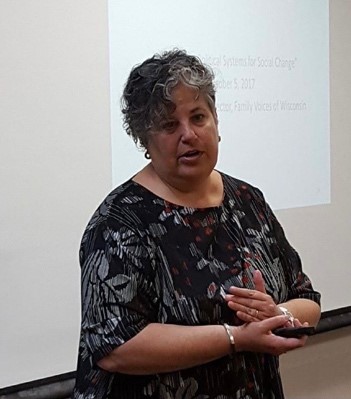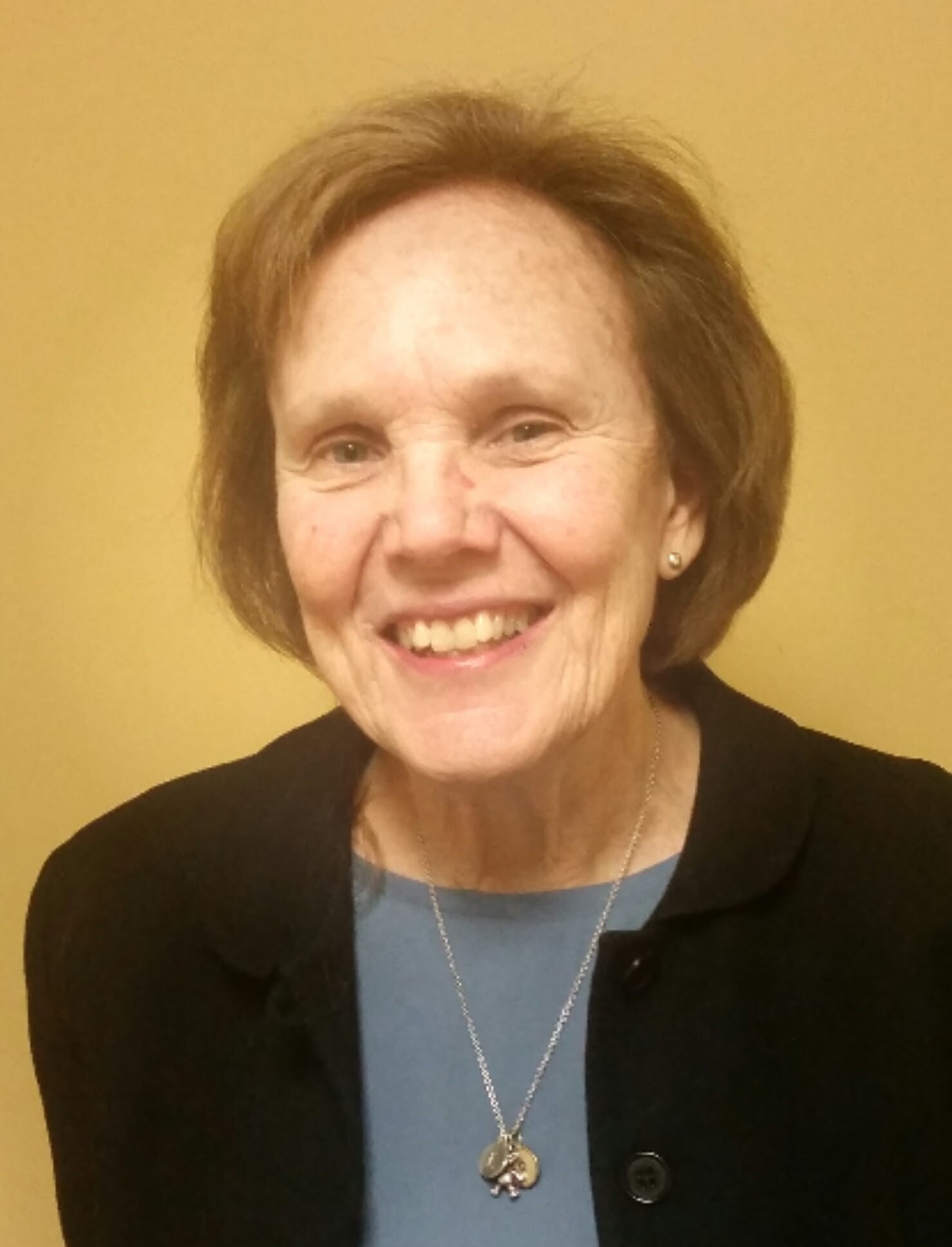House-Passed Medicaid Bill Includes ACE Kids Act; Additional MFP Funds
On March 25, the House passed the Medicaid Services Investment and Accountability Act of 2019 (H.R.1839). The bill, which has been transmitted to the Senate, includes an updated version of the ACE Kids Act, which would establish health homes for children with medically complex conditions in order to improve coordination of their care. The bill also provides an additional $20 million for the Medicaid “Money Follows the Person” (MFP) demonstration program, which increases total MFP funding to $132 million; a six-month extension of the Spousal Impoverishment Protections previously set to expire on March 30; and an extension through June 30, 2019, of the Community Mental Health Services Demonstration Program.
ACA Legislation
The administration declared last week that Senate Republicans would develop legislation to replace the Affordable Care Act, but Senators indicated that they are awaiting a proposal from the administration. See Trump Promises Vote on GOP Health Care Plan — After the Election (NBC News, 4/2/19).
On the other side of the Capitol, the chairs of the three key House committees with jurisdiction over health matters introduced a bill to make improvements to the ACA and end implementation of regulations that could weaken the law. The bill is called the Protecting Pre-existing Conditions & Making Health Care More Affordable Act of 2019 (H.R. 1884) [press release; text; one-page summary; section-by-section summary]. See House Democrats Introduce Bill to Strengthen the ACA (Health Affairs blog, 3/27/19). Parts of that bill were reported out of the Energy & Commerce Committee’s Subcommittee on Health on March 27. Other sections of the bill are in the jurisdiction of the Ways & Means Committee and the Committee on Education & Labor.
As summarized in a blog post from the Georgetown University Center on Health Insurance Reforms (CHIR) – Affordable Care Act Back in the Spotlight: Build on its Progress or Scrap it Entirely? (3/28/29) – key elements of the bill include:
- Tax credits to help more middle-income families afford health insurance. Currently, you have to be between 100 and 400 percent of the federal poverty line (FPL) to qualify for the ACA’s premium tax credits. The bill would allow families with incomes above 400 percent FPL to qualify for tax credits if benchmark plan premiums were more than 8.5 percent of their income.
- Eliminating the “Family Glitch.” This bill would ensure that your family members would be eligible for premium tax credits if your employer offers insurance that is affordable for you, but not your family.
- Funding reinsurance. By protecting insurers from the highest-cost medical claims, the bill would lower premiums across the individual market.
- Investing in consumer outreach, assistance. The bill would invest in efforts to educate consumers about coverage options and help them navigate the system.
- Limiting the sale of short–term and association health plans. The bill would reverse a Trump administration policythat encourages the sale of plans that can deny coverage to people with pre-existing conditions, often come with skimpy benefits, or are otherwise exempted from key ACA protections. CHIR’s recent study of the marketing of short-term plans found that the brokers and websites that sell these products often mislead consumers into believing they are buying a comprehensive insurance product when they are not.
- Limiting state waivers that would undermine pre-existing condition protections. The bill would reverse a Trump administration policy that allows states to pursue ACA waivers that roll back minimum benefit standards or promote the sale of plans that discriminate based on pre-existing conditions.
Hearings on Insulin Prices and Surprise Medical Bills
The House Energy & Commerce Committee’s Subcommittee on Oversight and Investigations held a hearing on Tuesday, April 2, “Priced Out of a Lifesaving Drug: The Human Impact of Rising Insulin Costs” (link goes to a committee background memo, witness list, testimony, video). The House Committee on Education & Labor held a hearing on April 2, “Examining Surprise Billing: Protecting Patients from Financial Pain” (link goes to witness list, testimony, video).


















